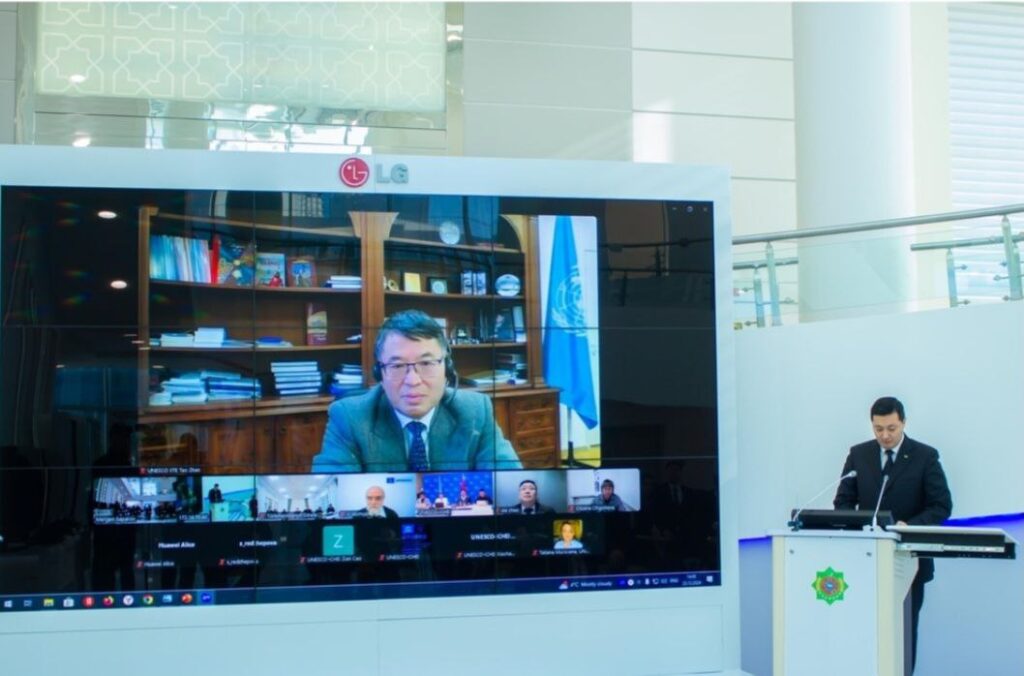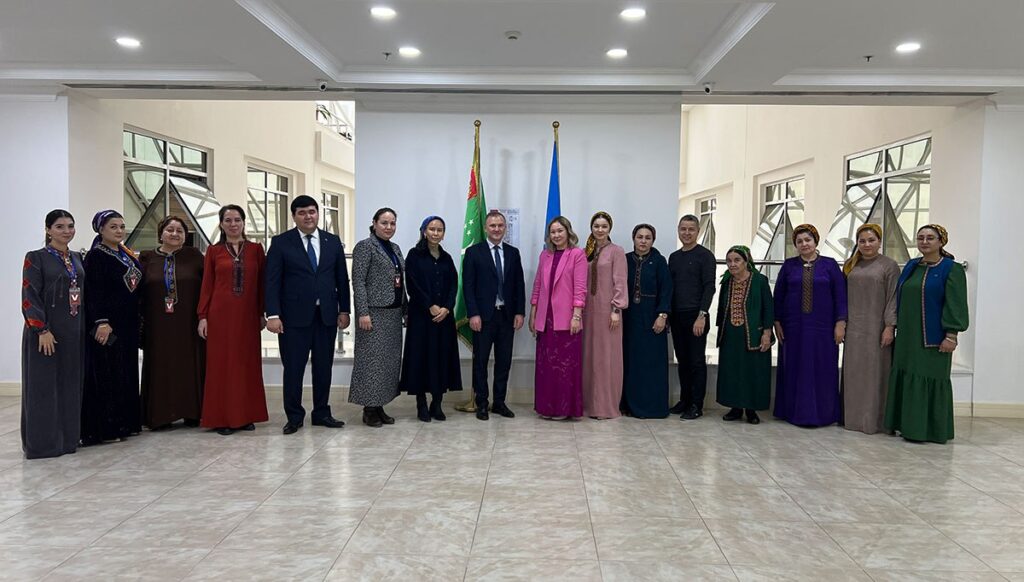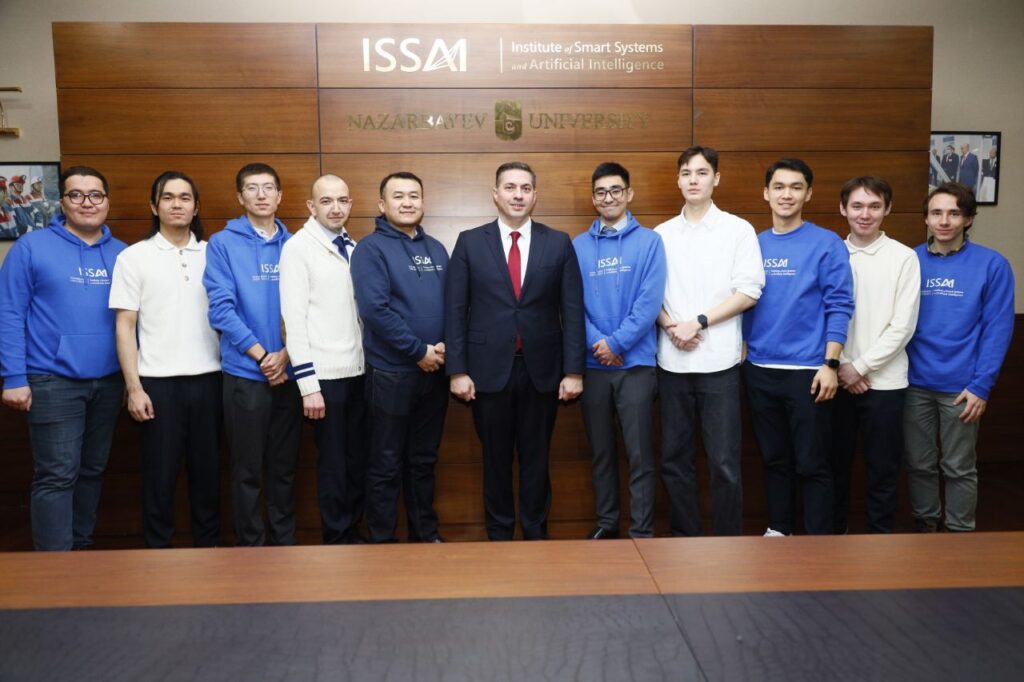English Proficiency Index: Kazakhstan Still Among Least Fluent Countries
Kazakhstan ranks 103rd out of 116 countries in the 2024 EF English Proficiency Index (EF EPI), improving by just one position from the previous year. Despite this slight progress, the country remains in the group of nations with very low English proficiency, according to Ranking.kz analysts. Leading the global rankings was the Netherlands, scoring 636 out of 700 points, followed by Norway, Singapore, Sweden, and Croatia. In the Eurasia region, Belarus and Russia performed best, achieving scores of 539 and 532 respectively, while Kyrgyzstan, Uzbekistan, and Tajikistan showed comparatively low results. Regional and Historical Context In Kazakhstan, the highest proficiency scores were recorded in Almaty (476 points) and the Almaty region (475 points), with Astana, Akmola, Kostanai, and Pavlodar regions also performing relatively well. Since Kazakhstan’s first appearance in the EF EPI rankings in 2011, where it ranked last among 44 participants, little progress has been made. Current scores remain similar to those recorded over a decade ago. Globally, English remains the most widely spoken language, with over 1.5 billion speakers in 2024, according to Ethnologue. The Cost of Learning English in Kazakhstan English education costs in Kazakhstan vary widely depending on the method of instruction: Individual lessons: Average 96,000 KZT ($182) for a course of 12 sessions. Private tutors: Range from 15,300 KZT ($29) to 54,000 KZT ($102) per month. Online tutors: Cost between 48,000 and 96,000 KZT ($91 to $182) monthly. AI-assisted classes: Start at 5,000 KZT ($9.5) and go up to 25,000 KZT ($47), depending on the number of assignments. Group lessons: Range from 36,000 KZT ($68) to 64,000 KZT ($121) for 12 lessons. In major cities, free courses and conversation clubs organized by libraries and language centers provide alternative learning opportunities. The low level of English proficiency in Kazakhstan continues to be a pressing issue, requiring systematic reforms. Analysts emphasize that improving the situation will demand enhanced educational programs, more accessible learning opportunities, and greater public engagement in mastering the language.






